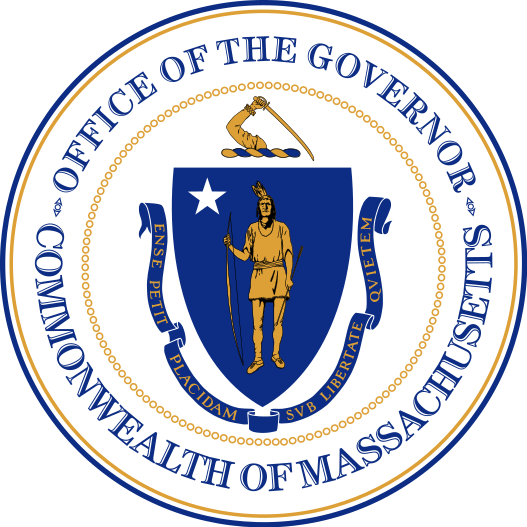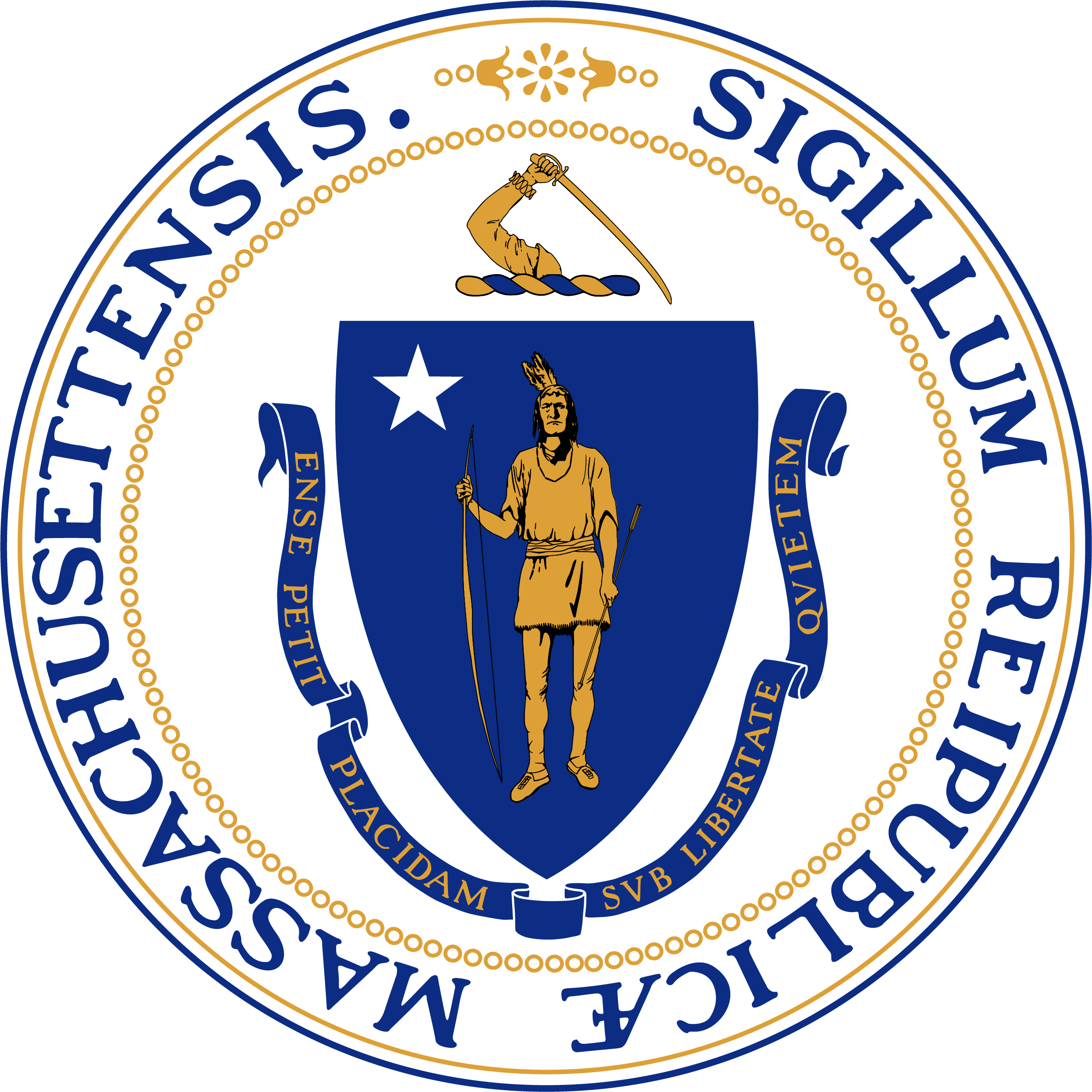- Governor Maura Healey and Lt. Governor Kim Driscoll
- Executive Office of Economic Development
Media Contact
Karissa Hand, Press Secretary
Boston — The Healey-Driscoll Administration unveiled its draft economic development plan titled Team Massachusetts: Leading Future Generations. Secretary of Economic Development Yvonne Hao will provide testimony on the plan before the Legislature’s Joint Committee on Economic Development and Emerging Technologies at the State House on Wednesday highlighting the economic development priorities that will guide the Healey-Driscoll Administration over the next four years.
Team Massachusetts: Leading Future Generations aligns the administration’s economic development priorities, funding, and legislative initiatives within three main areas of focus: Fundamentals – investing in the fundamentals to enable economic growth; Talent – retaining and attracting the world’s best talent across all backgrounds; and Sectors – supporting businesses that power the state’s economy.
“Massachusetts is the best place in the world to live, raise a family, and grow a business – and it’s our administration’s job to keep it that way by leveraging what’s working and fixing what’s not. Our economic development plan outlines a bold strategy for Massachusetts to meet the moment and put us on a path to future success by powering short and long-term economic growth, retaining and attracting the world’s best talent, and supporting our businesses, especially those in innovative sectors like climatetech, life sciences, and advanced manufacturing,” said Governor Maura Healey. “This plan will guide our economic development work over the next four years to make Massachusetts more affordable, competitive and equitable. We are grateful to the more than 1,300 stakeholders, industry leaders, elected officials, and members of the public who participated in its creation, contributing their valuable insights and vision for the future of our state’s economy.”
“This plan provides our administration with a framework to steer Massachusetts towards a more affordable, competitive, and equitable future. We have so much that’s working well in our state, and this plan sets us on a path to maximize our strengths while also addressing the real pain points for people across the state. That starts with making Massachusetts more affordable and growing this economy for people in every region.” said Lieutenant Governor Kim Driscoll. “By investing in fundamentals to enable economic growth for all regions and communities, prioritizing the needs of our workforce, and supporting businesses that are essential to the state’s economy, we can show the country and the world the power of Team Massachusetts.”
“Massachusetts is at an inflection point and the stakes are high. This economic development plan puts us on a path towards ensuring our state is the best place for people to start and grow their careers and for companies to start and scale, all while being a great place to live,” said Economic Development Secretary Yvonne Hao. “We look forward to working as a team – Team Massachusetts – to bring this bold economic development vision to life and lead for future generations.”
This plan is the result of extensive outreach and coordination from the Healey-Driscoll Administration and its Executive Office of Economic Development (EOED), including the formation of an economic development planning council in May comprised of leaders from across the public and private sectors and representing key industries in Massachusetts. The council met over the past several months to guide the process and contribute insights.
EOED also hosted nine regional engagement sessions across Massachusetts and, for the first time, one Spanish-language engagement session, to gather feedback from residents, businesses, elected officials, and stakeholders. A total of 1,300 attendees participated in the sessions, each of which featured breakout discussions across five areas: business climate, community and neighborhood development, key clusters and innovation, workforce and talent, and equity and opportunity. The administration also hosted 13 subsector working group meetings across 11 sectors with business leaders and stakeholders. These sectors included life sciences, small businesses, financial services, rural, hospitals and healthcare, advanced manufacturing, and others.
From the feedback gathered during the regional and subsector working group sessions, as well as from extensive data and policy analysis, EOED prioritized supporting each area of focus with specific initiatives:
Fundamentals:
-
Address Housing and Transportation Challenges: Increase housing production to lower costs and make transportation more reliable.
-
Housing: Massachusetts needs more housing to support our workforce and drive economic growth. The administration will leverage operating resources, capital funds, and policy provisions, such as zoning reform, to increase the supply of housing units.
-
Transportation: Our state needs first-class public transportation to help people and businesses reach their destinations. Led by MassDOT, the administration will invest in improving network reliability.
-
-
Invest in Infrastructure and Competitiveness: Invest in all communities, including rural communities and Gateway Cities, as well as projects and programs that ensure the state’s competitiveness.
-
Infrastructure: Building on the success of Community One Stop, the administration will continue to make strategic investments in infrastructure, especially in areas like Gateway Cities, and launch a new focus on rural communities.
-
Competitiveness: The state will invest in programs around high-quality internet and cell service, increased predictability in permitting, and a cross-secretariat Competitiveness Cabinet to unlock transformational projects.
-
Talent:
-
Be the Global Talent Magnet: Launch programs to retain and attract talent, including college graduates, immigrants, non-college grads, and trades/professions.
-
College Students: Create a new internship program to connect college students and Massachusetts companies to retain young talent post-graduation.
-
International: Scale the Global Entrepreneur in Residence Program to enable immigrants to stay in the state.
-
Non-college Paths: Working with the Executive Office of Labor and Workforce Development, leverage the Workforce Skills Cabinet and MassTalent to streamline resources that help residents find job training and employers find skilled talent.
-
Trades and Professions: Improve pathways to in-demand occupations under the oversight of the state’s Division of Occupational Licensure.
Sectors:
-
Lengthen Our Lead: Advance bold leadership in life sciences and healthcare, advanced manufacturing and robotics, and the application of AI for all key sectors.
-
Life Sciences/Healthcare 3.0: In coordination with the Executive Office of Health and Human Services, leverage ARPA-H and the entire life sciences ecosystem to tackle big opportunities around innovation, health equity, and affordability.
-
Advanced Manufacturing/Robotics: Capitalize on the Northeast Microelectronics Commons Coalition Hub to strengthen our advanced manufacturing and robotics ecosystems.
-
AI for “X”: In partnership with the Executive Office of Technology Services and Security, convene an AI strategic task force and develop programs to support AI adoption in our leading sectors such as education and financial services.
-
-
Catalyze New Leadership Sectors: Capitalize on the opportunity to become new leaders in climatetech and tourism and culture.
-
Climatetech: Work with the Executive Office of Energy and Environmental Affairs and the Massachusetts Clean Energy Center to create the world’s leading climatetech ecosystem.
-
Tourism and Culture: Lead on the upcoming celebration of the 250th anniversary of the founding of our country in 2025 to increase economic impact.
-
-
Make Things Easy for Businesses: Streamline access to state resources for businesses across all sectors.
-
Business Front Door: Create a simple, centralized “front door” for businesses of all sizes and from all sectors to access state incentives and to enable more coordinated, organized responses from the state.
-
To read the full plan and download a copy, visit the EOED website.
A public hearing on the economic development plan before the Legislature is required by statute. After the hearing is completed, EOED will present the final plan to Governor Healey to approve. The administration is required to file the final plan with the legislature by December 31. The process is guided by Section 16G of Chapter 6A of the Massachusetts General Laws, which requires a new economic development plan be created and approved by the governor within the first year of a new administration or term.
###

